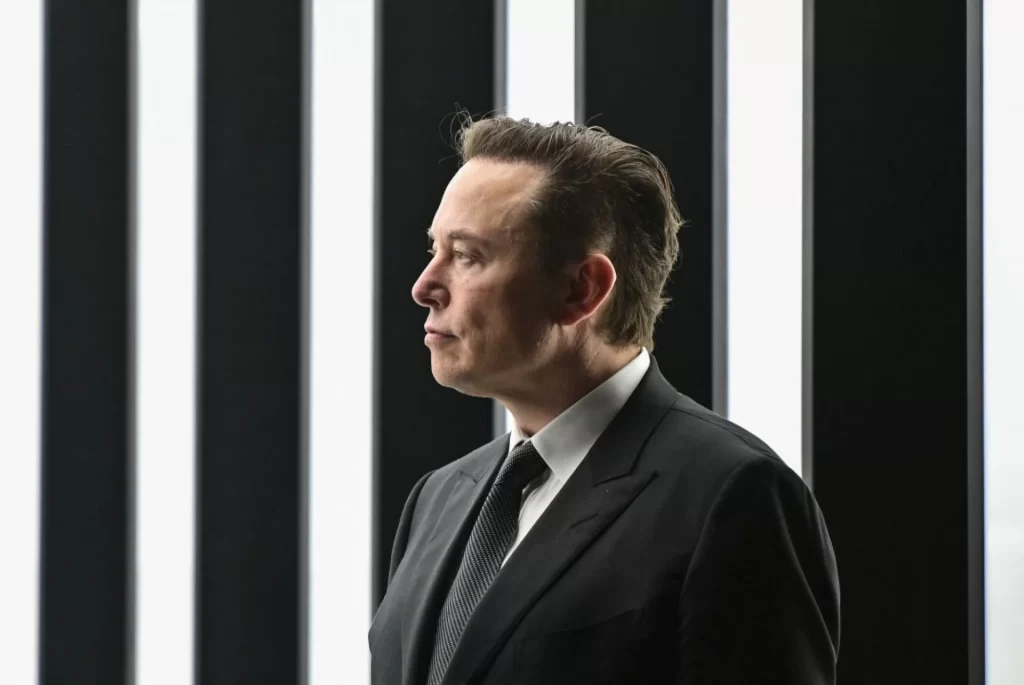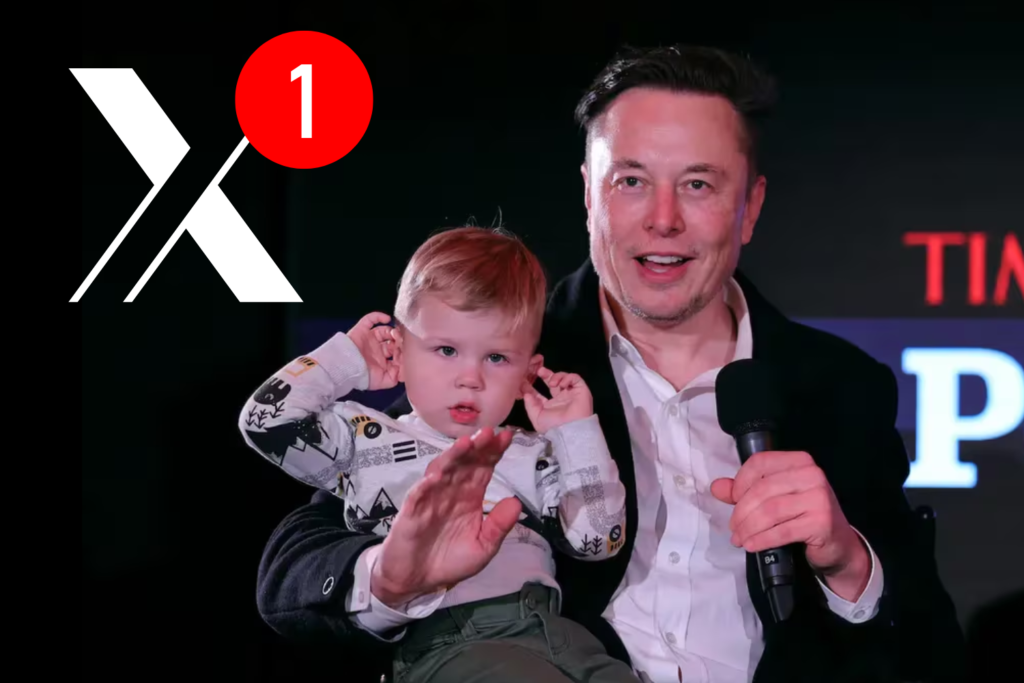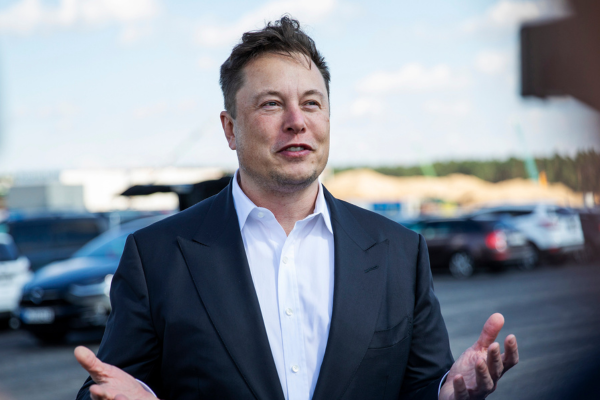The rise of Elon Musk as one of the most influential figures of our time has sparked both admiration and controversy. As the CEO of Tesla, SpaceX, and other groundbreaking ventures, Musk’s ambitions have made him a global icon of innovation and technological advancement. However, his fame has also made him the subject of intense speculation and conspiracy theories. One of the more extreme claims that have surfaced in certain circles is the assertion that Elon Musk could be the Antichrist. But what does this really mean, and is there any truth to it?
Understanding the Antichrist Concept
Before diving into the question of whether Elon Musk could be the Antichrist, it’s important to understand the concept itself. In Christian theology, the Antichrist is often depicted as a figure who will appear at the end of the world, leading people away from God and bringing about a time of great turmoil. This idea has roots in biblical prophecies, particularly in the New Testament books of Revelation and 1 John, where the Antichrist is described as a deceiver or false messiah.
The Antichrist is often associated with political and spiritual figures who challenge traditional beliefs, claiming power or authority that undermines established systems. Over time, various public figures, from political leaders to celebrities, have been subjected to accusations of being the Antichrist, often due to their influence or controversial actions.
Elon Musk: The Subject of Conspiracy Theories
Given his high profile, Musk has become the target of a variety of conspiracy theories. Some of these are relatively harmless, while others can be quite extreme. The idea that Elon Musk could be the Antichrist plays into broader narratives of distrust and fear surrounding powerful individuals. Those who espouse this theory often point to Musk’s immense wealth, his ambitious plans for space exploration, and his drive to revolutionize transportation and artificial intelligence as signs of a “messianic” figure.
Critics who promote this idea may view Musk’s influence as a potential threat to societal norms. For instance, his outspoken nature on social media, coupled with his vision for a world radically transformed by technology, has led some to perceive him as an authoritarian figure or a symbol of corporate overreach. However, it’s crucial to separate this rhetoric from the actual traits associated with the Antichrist in religious doctrine.
Examining the Claims
So, what are the claims that often come up when discussing whether Musk is the Antichrist?
- Technological Control and Artificial Intelligence: One argument made by critics is that Musk’s involvement in artificial intelligence (AI) could lead to a dystopian future where machines dominate humanity. However, Musk has repeatedly warned about the potential dangers of AI and has even advocated for regulatory measures to ensure its safe development. His goal is not to control AI but to prevent its misuse.
- Messianic Ambitions: Some view Musk’s aspirations to colonize Mars and reshape global industries as evidence of an inflated sense of self. However, Musk’s endeavors, while ambitious, are rooted in the desire to solve complex global problems such as climate change and space exploration. These goals are not aligned with the Antichrist narrative, which typically focuses on malevolent intentions.
- Social Media and Public Persona: Musk’s unfiltered presence on social media, especially on Twitter (now X), has sometimes led to controversy and backlash. Critics argue that his influence over public opinion could be dangerous, especially when making polarizing statements. However, these actions, while contentious, do not equate to the destructive and manipulative traits associated with the Antichrist.
- Wealth and Power: Elon Musk’s immense wealth and business success have also been factors in the conspiracy theories about him being the Antichrist. However, wealth in itself doesn’t make someone an Antichrist. History is full of powerful individuals, and while some used their influence destructively, others have used it to improve lives, as Musk has done with his environmental initiatives and electric vehicles.
The Power of Influence: Musk as a Symbol
In many ways, Elon Musk is a symbol of modern innovation and change. His achievements have reshaped industries, from electric vehicles to space travel. However, as with any public figure who challenges the status quo, he is bound to attract critics, some of whom may resort to extreme interpretations of his actions. This is where the myth of the Antichrist arises—by casting Musk as a larger-than-life figure capable of both great innovation and potential destruction, it taps into fears of unchecked power and technological domination.
It’s important to note that Musk has never claimed any supernatural or messianic identity. Instead, his public persona reflects a mix of idealism, pragmatism, and personal ambition—traits that can be both admired and criticized. However, casting him as the Antichrist is an oversimplification that distracts from meaningful conversations about the ethical and societal implications of technology.
Conclusion: Separating Fact from Fiction
While the idea that Elon Musk is the Antichrist may be a provocative theory, there is no substantial evidence to support it. The claims made by conspiracy theorists are largely based on fear and misunderstanding of Musk’s ambitions and his role in shaping future technologies. Rather than succumbing to sensationalism, it’s essential to critically assess the real-world implications of Musk’s work and to distinguish between his innovative contributions and the fictional narratives that are often spun around public figures.
Elon Musk may be an influential, controversial figure, but calling him the Antichrist serves only to diminish the complexity of his work and the importance of thoughtful discussions about technology and its impact on society. Ultimately, it is up to each of us to approach such topics with a critical mind and a commitment to seeking truth over myth.






